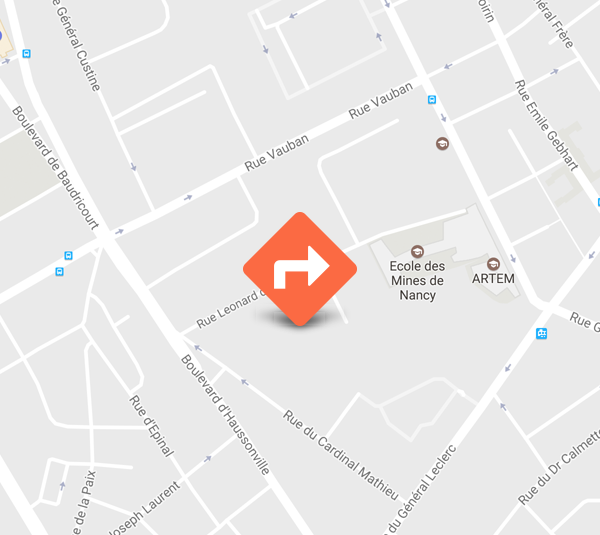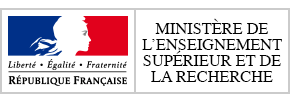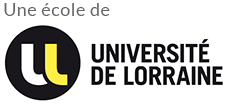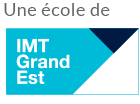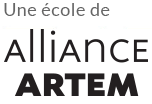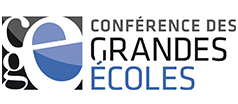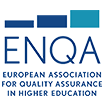Department of Economics, Organisation and Business
The Economics, Organisation and Business department is an interdisciplinary department that complements the scientific pathways with studies in the fields of economics and management. The goal is to help the student understand the global economic environment and the world of business and corporations. From this viewpoint, the department’s teaching aims to provide engineering students throughout their studies with the knowledge and methodological tools key to understanding a company’s economic and social environment and its competitive, strategic and organisational challenges through various courses such as economic policy, accounting, financial analysis, strategy, marketing, audit and consulting. Due to its interdisciplinary nature, the department’s instruction does not target any specific profession. Instead, it provides an indispensable managerial knowledge base for future engineers and enables certain students to develop more specific skills in areas such as corporate consulting.
Department of Foreign Languages and Cultures
Fluency in at least two languages and the discovery of foreign cultures are an essential component of an engineer’s training and are among the stated objectives of the education provided by Mines Nancy’s Department of Foreign Languages and Cultures. In this spirit, students are required to take an English course, which is compulsory for all, and either continue the study of another language learned in secondary education or start a new language. It is also possible to study a third optional language (from the first year or in the third year). The language courses emphasise the cultural dimension and are designed to gradually bring engineering students from the status of a learner through to real use of the language. This is why the language teaching is based on both lessons and self-directed learning under the guidance of a teacher/contact person. The Department of Foreign Languages and Cultures supports engineering students in their learning to enable them to become autonomous language users and acquire the skills they will need to pursue a career abroad or in a multinational company, or in general to adapt quickly to a multicultural setting. They will be able to pass on and receive information in order to move a project or collaboration forward in any context, to convey the essentials of a message to others clearly and accurately, and to measure the quality of their communication in order to refine their skills. The courses are delivered by a dynamic team of qualified and experienced teachers keen to adapt their teaching as closely as possible to the needs of the students. At the beginning of each year, the department organises intercultural meetings that are an opportunity for first-year students and newly arrived international students to talk freely. These meetings begin with a buffet to which everyone is invited to contribute, enabling attendees to sample different specialities, and continue with games and other activities (dances, introduction to calligraphy, …) organised in almost all the languages taught at the school. The department is the Grand Est examination centre for Cambridge University, the Goethe Institute and the University of Sienna. Approximately 25 examination sessions per year are organised in all languages, representing around 600 candidates.
